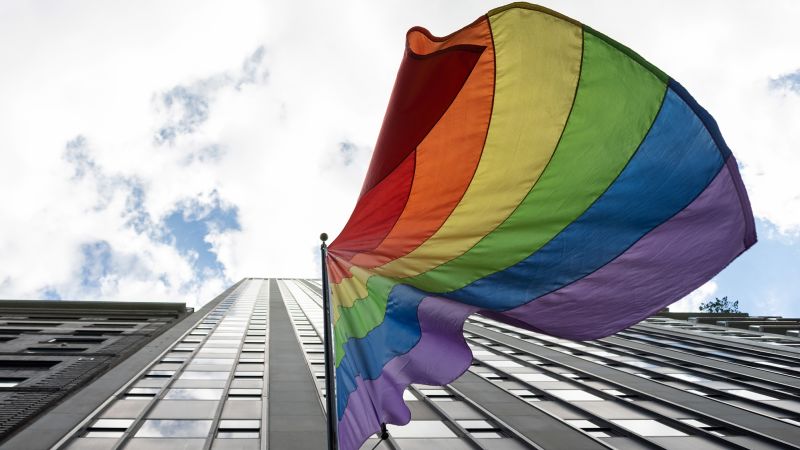The corporate world has seen a backlash against diversity, equity, and inclusion efforts in recent months, with several big-name brands like Lowe’s, Ford, John Deere, and Harley-Davidson scaling back on these initiatives. Molson Coors, a long-time supporter of Pride events and LGBTQ+ nonprofits, has also announced that they are moving away from certain DEI efforts towards a “broader view.” This decision comes as a surprise to many, as the company has been a prominent figure in the fight for LGBTQ+ equality.
As part of their new “culture journey,” Molson Coors has decided to ditch a popular LGBTQ+ equality metric from the Human Rights Campaign. While the company insists that this decision will not diminish their commitments to employees and customers, it raises questions about the reasons behind the sudden shift in focus. The timing of the announcement suggests that Molson Coors may have been influenced by the backlash against DEI efforts that other brands have faced in recent months.
The DEI backlash has been building since the summer of 2020, when the murder of George Floyd sparked a national conversation about racism in America. The far right has seized on DEI as a form of corporate affirmative action, leading to a growing movement against these initiatives. Brands like Bud Light have faced boycotts over their support for DEI, with some companies choosing to backtrack on their commitments in response to pressure from anti-DEI activists.
Marketing experts caution that retreating from DEI efforts could be detrimental to a company’s brand image. Customers are increasingly looking to support businesses that prioritize diversity and inclusion, and backing away from these values could alienate a significant portion of the consumer base. While the decision by Molson Coors may be framed as a rebranding effort, it remains to be seen how this shift will be received by employees and customers.
The move by Molson Coors, and other brands, to scale back on DEI efforts raises important questions about the role of corporations in promoting social change. While companies have a responsibility to their shareholders, they also have a duty to address social issues and create an inclusive workplace for all employees. By stepping back from their DEI commitments, companies risk sending the message that they are more concerned with profits than with supporting marginalized communities.













